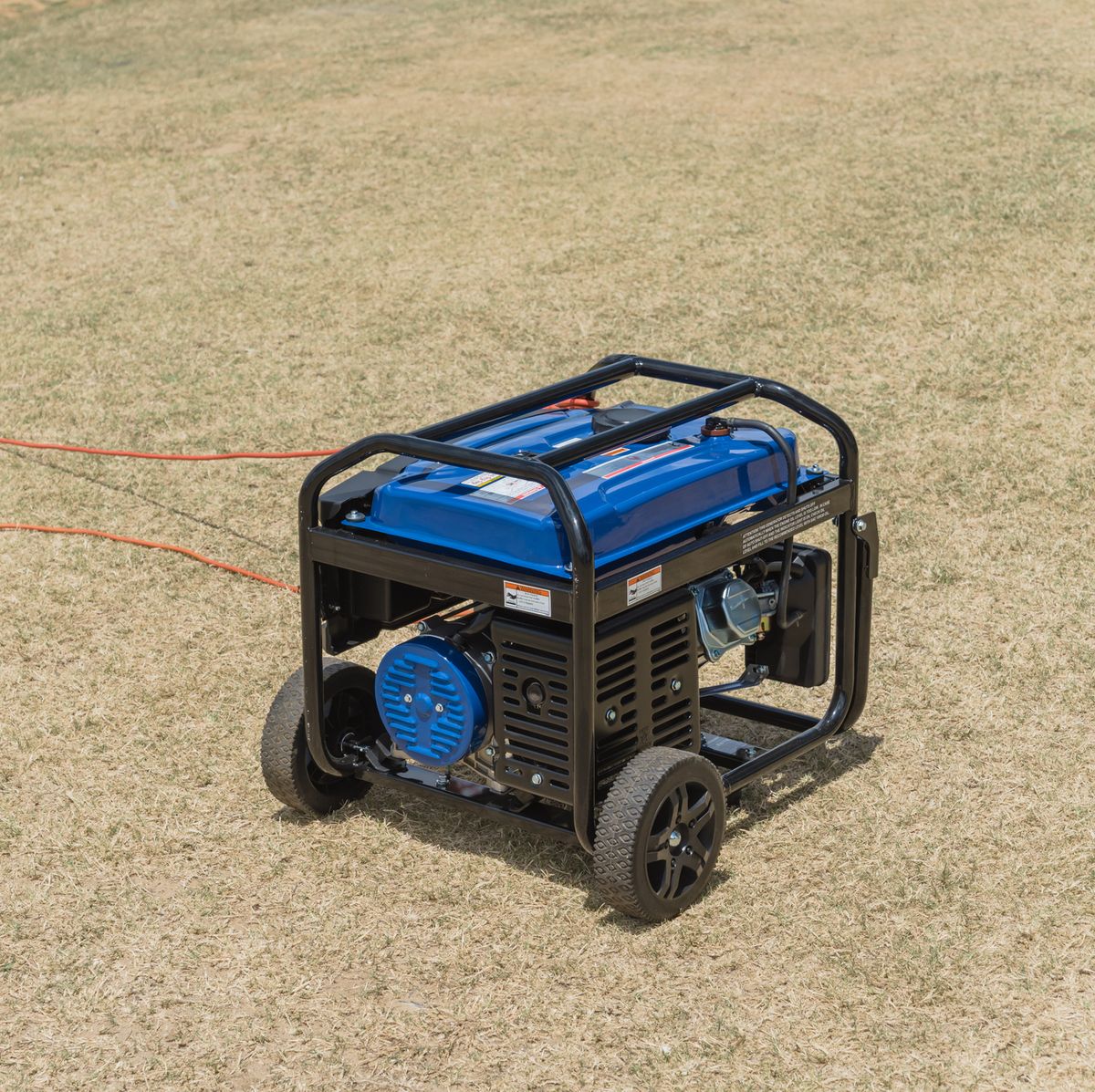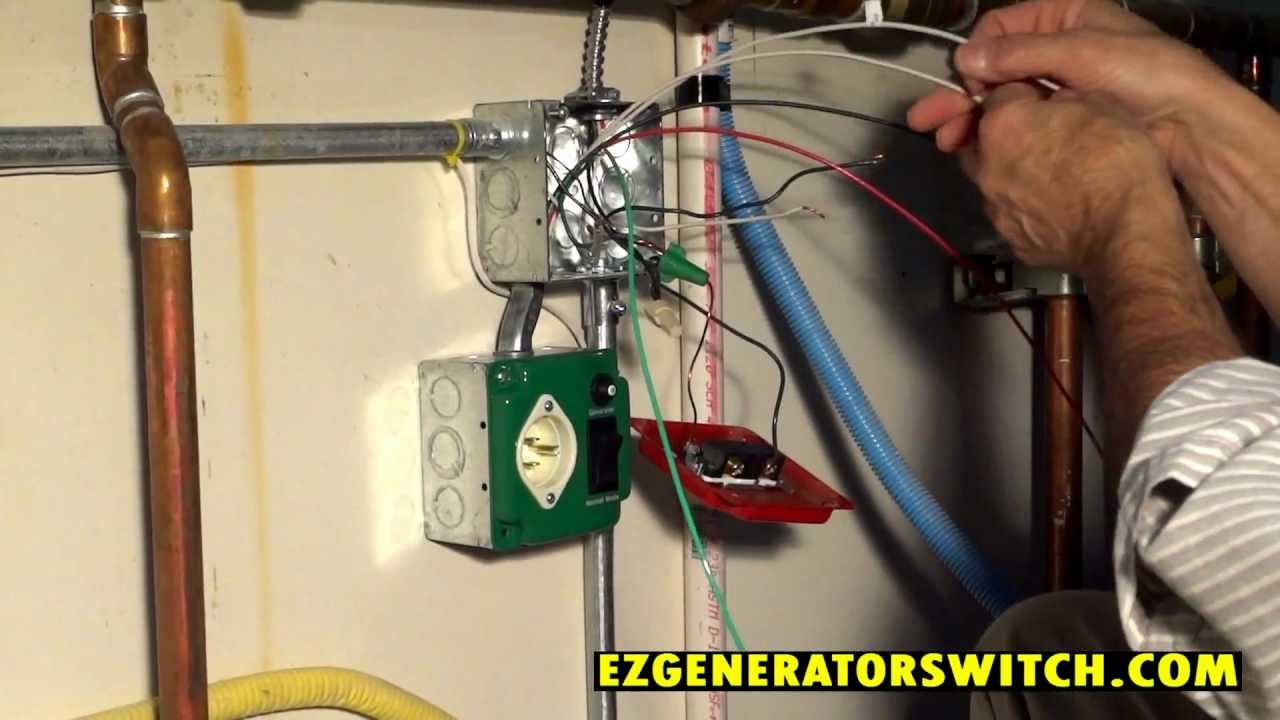There are several reasons why a generator may not run a furnace. The generator may not be powerful enough, the wrong type of generator, or the furnace may not be compatible with the generator. Another possibility is that the wiring is incorrect or the circuit breaker is tripped.
If the problem is with the furnace, it may need to be serviced or replaced.
If you’re like most people, you rely on your furnace to keep your home warm during the winter. So, what do you do when your generator won’t run your furnace?
There are a few possible reasons why your generator might not be running your furnace.
First, check to make sure that the fuel supply is adequate and that the generator is receiving enough power. If both of those things are fine, then it’s possible that there’s an issue with the generator itself.
If your generator isn’t running your furnace, don’t panic!
There are a few things you can try to get it up and running again. With a little troubleshooting, you should be able to get your furnace up and running in no time.

Credit: www.popularmechanics.com
Can I Run My Furnace With a Generator?
If you have a backup generator for your home, you may be wondering if you can run your furnace off of it. The answer is yes, but there are a few things to keep in mind.
First, generators typically produce less power than your furnace requires.
This means that the furnace will not be able to operate at full capacity and may take longer to heat your home. Additionally, running a furnace with a generator can put additional strain on the generator, so it’s important to make sure that it is properly sized for your needs.
Finally, always consult your furnace’s owner’s manual before using it with a generator to ensure that you are following all safety guidelines.
Why am I Not Getting Power to My Furnace?
If your furnace isn’t getting power, the first thing you should do is check your fuse box or circuit breaker to make sure the power to your furnace hasn’t been interrupted. If the fuse has blown or the circuit breaker has tripped, simply reset it and try again.
If your furnace still isn’t getting power, there could be a problem with the wiring leading to your furnace.
Check for any loose or damaged wires and tighten or replace them as needed. If you don’t feel comfortable doing this yourself, call an electrician for assistance.
Another possibility is that your furnace’s pilot light has gone out.
If this is the case, relight it following the instructions in your furnace’s owner’s manual. Once the pilot light is lit, try powering on your furnace again.
If none of these solutions work, there may be a more serious problem with your furnace that will require professional repair.
Contact a heating contractor in your area for further diagnosis and assistance.
How Big of a Generator Do I Need to Run My Furnace?
If you’re considering using a generator to power your home furnace, you’ll need to know how big of a generator to get. The size of the generator you need depends on the type and size of furnace you have, as well as how many other appliances and devices you want to be able to power with the generator.
For most furnaces, you’ll need at least a 5,000 watt generator.
If your furnace is particularly large or uses more energy than average, you may need a 7,500 watt or even 10,000 watt generator. Remember that these are just estimates – it’s always best to consult with an electrician or HVAC specialist before making your purchase.
Will a Portable Generator Damage a Furnace?
If you are considering using a portable generator during a power outage, you may be wondering if it is safe to use with your furnace. The answer is yes, as long as you take some precautions. First, make sure the generator is properly grounded and that all connections are made correctly before turning it on.
Second, never operate the generator inside your home or garage – either in an open area away from any buildings or near a window where exhaust fumes can ventilate safely. Finally, have your furnace serviced regularly to ensure that it is in good working condition and will not be damaged by running on backup power.
furnace wont run on generator (easy fix)
Will a Generator Damage My Furnace
If you’re considering using a generator to power your home in case of a power outage, you may be wondering if it could damage your furnace. The short answer is that it’s unlikely. Here’s why:
Most furnaces are designed to run on electricity, so they shouldn’t be affected by running on generator power. However, if your furnace is old or has any issues, it’s always best to check with a professional before using a generator.
That said, there are a few things you should keep in mind when using a generator near your furnace:
1) Make sure the generator is properly ventilated. Generators produce carbon monoxide gas, which can be dangerous if it builds up in an enclosed space. So, make sure the area around your furnace is well-ventilated when using the generator.
2) Don’t use extension cords. If you need to connect the generator directly to your furnace, use heavy-duty cables that are rated for outdoor use. Extension cords are not meant for this kind of load and could overheat and cause a fire hazard.
Grounding a Generator to Run a Furnace
If you have a generator and want to use it to power your furnace, you’ll need to ground it first. Here’s how to do it:
First, find a suitable spot to place your generator.
It should be close to the main electrical panel in your home so that you can easily connect the two. Make sure the area is well-ventilated and free of any flammable materials.
Next, attach a grounding rod to the generator frame.
This can be done by driving a metal rod into the ground next to the generator or by attaching a wire from the generator frame to a nearby water pipe or other metal object that is securely grounded.
Once the grounding rod is in place, connect one end of a heavy-duty extension cord (at least 10 gauge) to the “ground” terminal on the generator. Then run the other end of the cord over to your main electrical panel and attach it to one of the grounding terminals there.
If your panel does not have any exposed grounding terminals, you’ll need to remove the cover plate so that you can access them. Be sure to turn off all power at the panel before doing this!
Now when you start up your generator, it will be properly grounded and you can safely run your furnace off of it during an outage.
Run Electric Furnace on Generator
If you have an electric furnace and are using a generator during a power outage, there are some things to keep in mind. First, make sure that your generator is properly grounded. If it is not, it could pose a serious safety hazard.
Second, be aware that running an electric furnace on a generator can put a strain on the system, so it’s important to monitor it closely and give it plenty of breaks if needed. Finally, always operate your generator in well-ventilated area to avoid carbon monoxide poisoning.
Running a Gas Furnace With a Portable Generator
Assuming you have a portable generator large enough to power your gas furnace, running the furnace off of the generator is relatively easy. First, make sure the generator is properly fueled and turned on. Then, switch your furnace from “utility” to “emergency” mode.
This will bypass the electronic igniter and allow you to light the pilot light manually. Once the pilot light is lit, you should be able to adjust the thermostat as usual and keep your home warm.
Of course, there are a few things to keep in mind when running your gas furnace off of a portable generator.
First, make sure the generator is properly ventilated to avoid carbon monoxide poisoning. Second, be aware that running a gas furnace will put a strain on your generator, so don’t run any other appliances while it’s powering your furnace. Finally, make sure you have enough fuel for both your furnace and your generator – if one runs out of fuel, they both go down!
Conclusion
This blog post discusses the reasons why a generator may not run a furnace. The most common reason is that the generator is not powerful enough to run the furnace. Other reasons include a lack of fuel, an incorrect wiring connection, or a problem with the furnace itself.






Leave a Reply